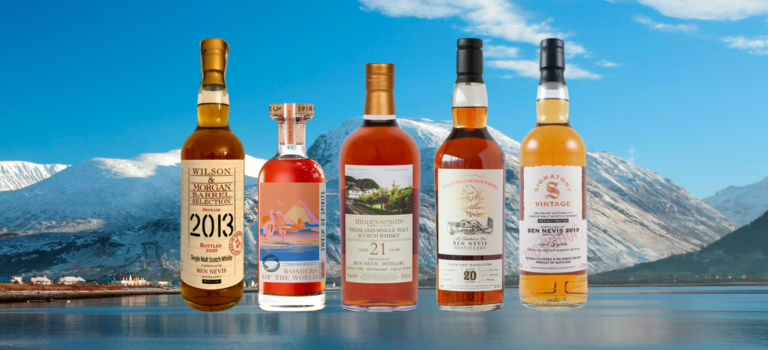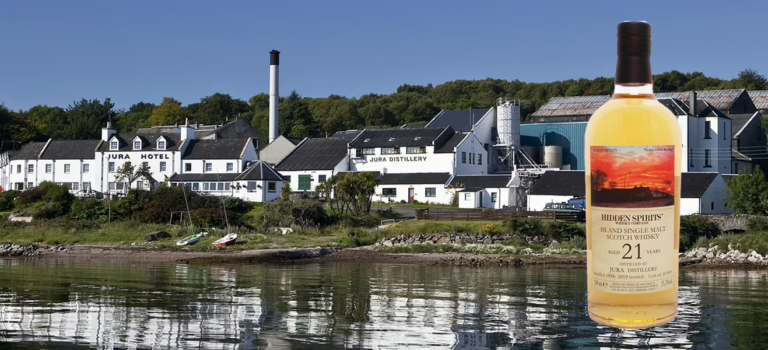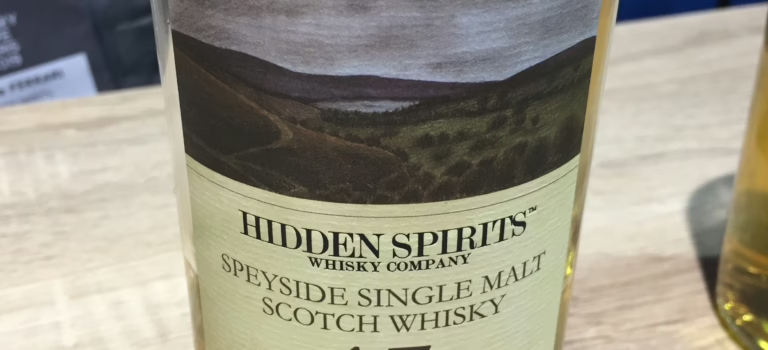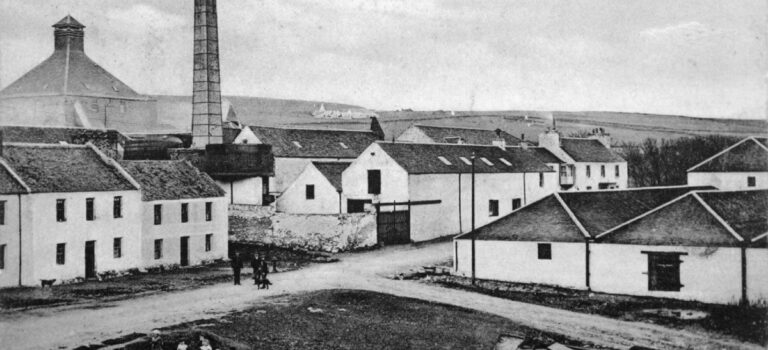It has been several months since a bottle from Ben Nevis last featured on More Drams, and the absence has certainly been felt. Ben Nevis distillery is famed not only for its historic roots – dating back to 1825 under the watch of the legendary ‘Long John’ MacDonald – but also for the distinctive, full-bodied spirit it produces. As a distillery whose small output and varied cask management have resulted in an array of characterful single malts and striking independent bottlings, Ben Nevis remains perpetually in demand. Now, with the anticipation that only a rummage through the sample drawers can inspire, let’s revisit this Highland stalwart. Five indy bottled Ben Nevis samples, spanning different casks, ages and independent bottlers: Wilson & Morgan, Swell de Spirits, Hidden Spirits, Elixir Distillers and Signatory Vintage.
Read more


